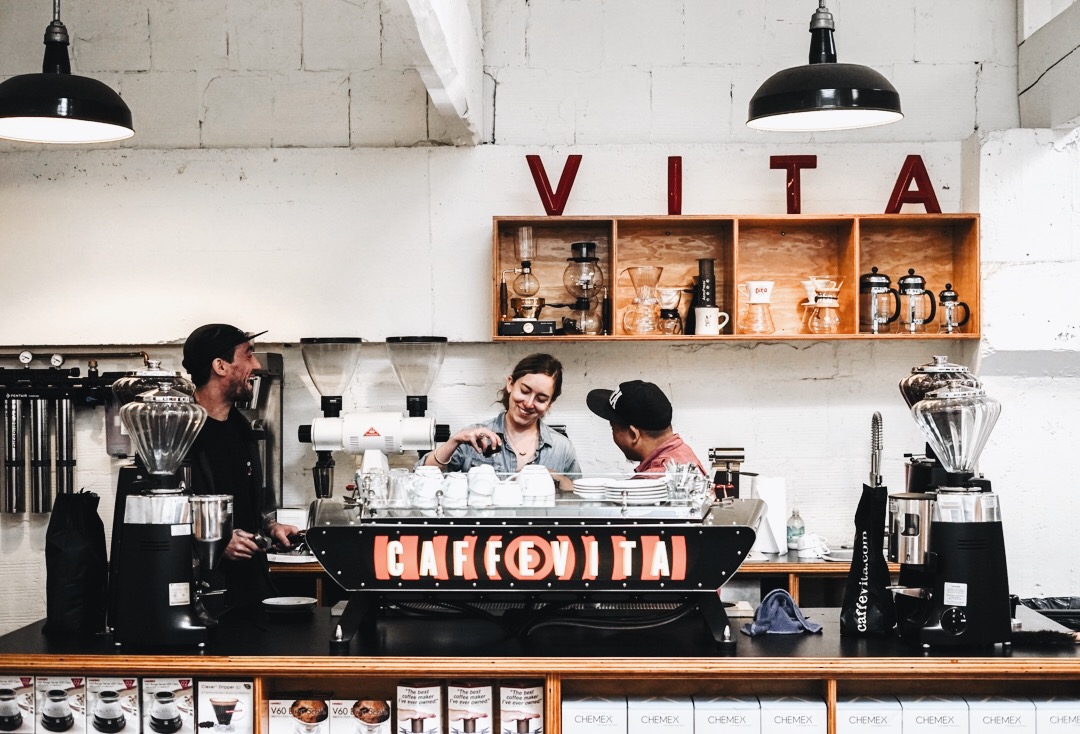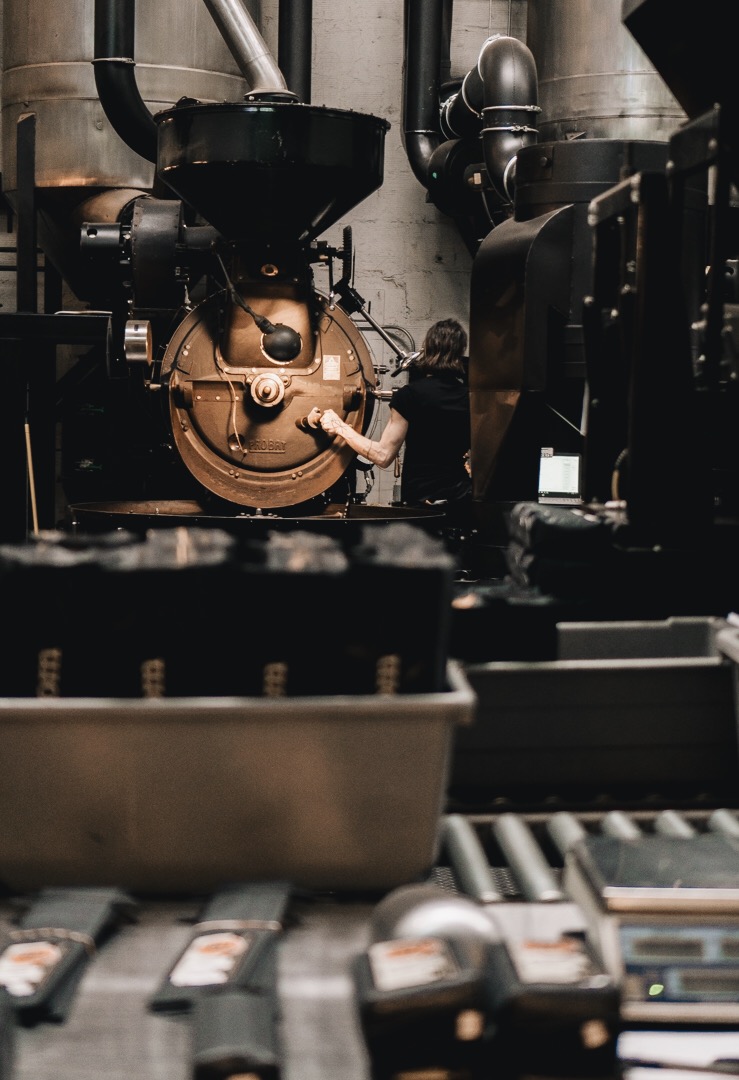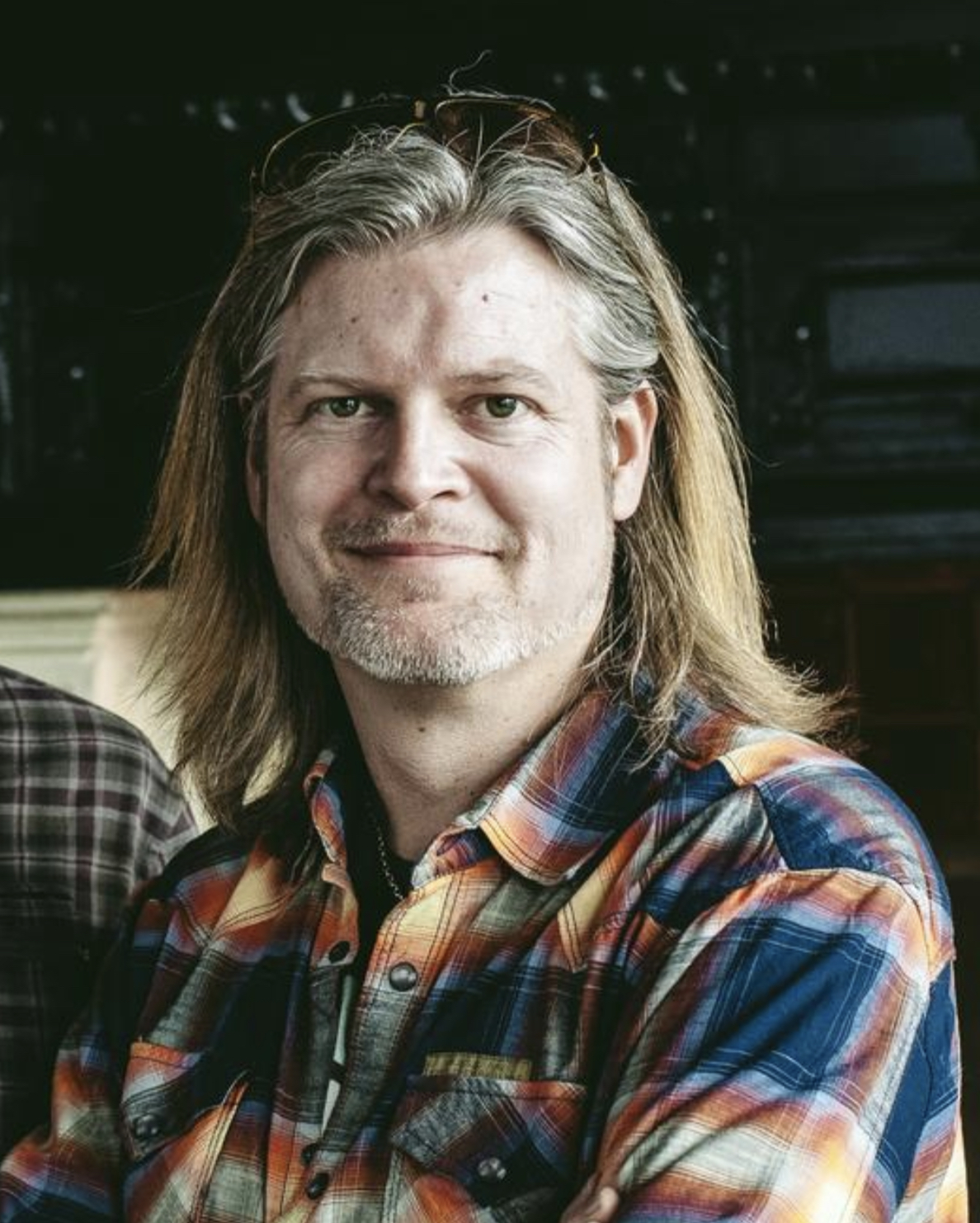
Established in 1995, Caffè Vita is well known in Seattle as a homegrown coffee chain. All images courtesy of Deming Maclise/Caffè Vita.
Beginning Jan. 1, Seattle restaurateur Deming Maclise officially took ownership of Seattle’s Caffè Vita, marking a period of rebirth for the iconic coffee company.
Maclise’s takeover follows one of the roughest stretches in the history of the 25-year-old brand, after reports broke last October that Caffè Vita employees were fired for giving day-old pastries and leftover coffee to a homeless people. The Stranger reported on the allegations and the employee protest that followed.
Having assumed full ownership of the company from past owner Mike McConnell, Maclise is now in the unique position to help promote, maintain and in some ways rebuild an iconic brand that extends well beyond Seattle through hundreds of wholesale accounts and 10 locations on the west and east coasts.
Caffè Vita’s Seattle locations now donate their day-old pastries to Northwest Harvest, a Washington state hunger relief agency that is also helping the company find donation locations for Vita cafes outside the Seattle market.
“As far as in the future, I really want to be even more focused on creating that community — that ‘everyone’s-welcome’ vibe that coffee houses are capable of,” Maclise recently told Daily Coffee News. “I just love that basically the price of admission is a cup of coffee. Everyone from all walks of life can show up at a coffee house and be in the same room, talking with each other. I just want to make sure that Vita has that welcoming community vibe that I love about coffee houses.”
Maclise has formed a remarkable career out of welcoming guests into Seattle restaurants and cafes. His coffee origins in the city go back to the 1990s, when he moved to the city from his home city of Davis, California.
“[I] was in bands since I was in junior high, and the music scene was really happening [in Seattle], so in 1991 I was like, ‘Well heck, I’m gonna go there and play music,’” Maclise said. When I moved here, I was a musician. I made coffee to pay the bills. It wasn’t called ‘barista’ then, it was just called making coffee.”
Maclise made coffee and managed a few independent cafes, including Seattle coffee pioneer Uptown Espresso, before venturing into entrepreneurship with Caffè Fiore in 2002. Maclise made Fiore an all-organic cafe — a novel approach at the time — while beginning his wholesale relationship with roaster Caffè Vita, which was established in 1995 in the Queen Ann neighborhood.
As Fiore expanded to four Seattle locations, Maclise opened his first restaurant, Bastille Cafè & Bar, in 2009. Since then, he has assumed at least some ownership of six new restaurants and bars throughout the Seattle area, including Rhein Haus, Poquitos, Beer Star, Stoneburner, Macleod’s, and Seaplane.
Despite the various successes of these eateries, Maclise said he remains drawn to the pace and communal nature of the coffee shop.
“I just love how strongly the coffee house culture can create a community and a neighborhood around it,” he said. “You can do it with restaurants, but people show up maybe once a month, or once every few months; but at a coffee house, people show up everyday, so that ability to create the community, it happens in a very powerful way with the coffee world.”
Maclise isn’t planning on making any sweeping changes to Vita’s core business or menus; rather, he hopes to build upon the brand’s proven successes. Ground zero for that plan may be the 1005 E. Pike St. location in Capitol Hill, which boasts a Vita roastery and a training facility.

Caffè Vita maintains a roastery and training facility at their popular Capitol Hill location at 1005 E. Pike Street.
“We have some really great people there already that are really strong baristas, and I want to see if we can make that part of our business even stronger — the training aspect — even bring the public in and show them home brew techniques,” Maclise said. “Then, with wholesale accounts, [we want to have] that support element be even stronger; that part interests me a lot. And then, as far as our farmers that we have relationships with, I want to further those, strengthen those relationships, and empower our green buyers to really solidify [them].”
Caffè Fiore and other Maclise restaurants are already known for their warm, welcoming wood interiors and European accents, elements he plans to slowly integrate in small ways at various Vita locations.
“I’m always thinking about how I can create an interior that people want to hang out in, and that they feel comfortable in and want to stick around,” Maclise said. “[It’s] something I really obsess over.”
Mark Van Streefkerk
Mark Van Streefkerk is a freelance writer who often covers specialty coffee and Seattle news. Find out more about him at markvanstreefkerk.com, or follow him on Instagram at @markthewriter.







Comment